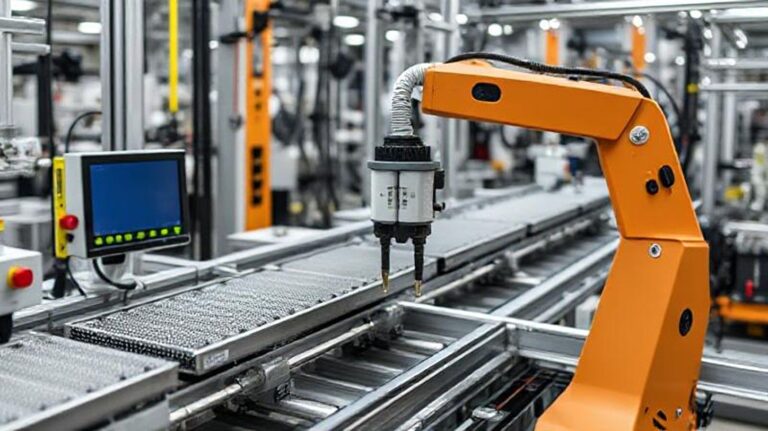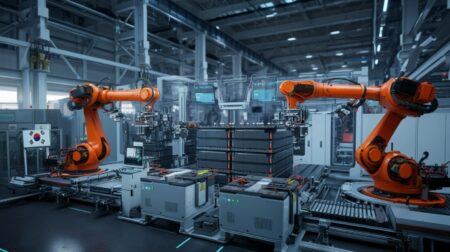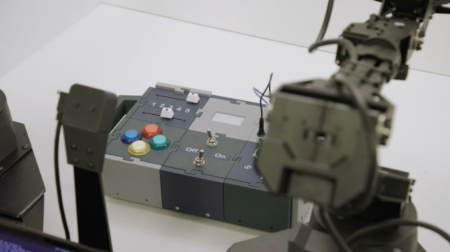A major advancement in robotic automation may soon enable machines to reliably perform delicate, tactile tasks that have long challenged existing technologies, such as inserting connectors or manipulating flexible materials.
A team of researchers led by Professor Sami Haddadin, Vice President for Research and Professor of Robotics at the Mohamed bin Zayed University for Artificial Intelligence (MBZUAI), has developed a new framework called Tactile Skills, which aims to transform how robots learn and execute physical tasks.
Working in collaboration with Lars Johannsmeier, a former PhD student of Haddadin, along with Dr Yanan Li from the University of Sussex and professor Etienne Burdet from Imperial College London, the researchers introduced an embodied artificial intelligence framework inspired by the human nervous system and vocational training.
“This isn’t just incremental progress; it’s a meaningful leap forward for practical automation in everyday life,” said Professor Haddadin. “Our framework bridges the gap between human expertise and robotic capability.”
Unlike conventional machine learning techniques, which often require extensive datasets and trial-and-error, the Tactile Skills approach combines expert-defined process specifications with reusable tactile control modules.
The method offers a structured, scalable alternative that enables robots to rapidly learn and adapt to new physical tasks with a high degree of reliability and precision.
The framework has been tested on 28 industrial tasks, including intricate operations such as plug insertion and precision cutting. The robots achieved near-perfect success rates and maintained industrial-grade performance even when faced with unexpected changes in object positioning or environmental conditions.
One of the most notable demonstrations involved the successful assembly of a complex device used in bottle-filling plants, an example of the framework’s potential for real-world manufacturing applications.
The ability to deploy robots with minimal training and configuration could significantly reduce setup times and operational costs for industry.
Crucially, Tactile Skills enables operators without deep expertise in robotics to teach and deploy robots across a wide range of tasks, making automation more accessible to a broader range of industries.
“This research represents an important leap toward widespread automation,” Haddadin added. “It reshapes what’s possible for robotics, moving them from rigid, specialised tools to adaptable, skilled assistants, ultimately physical AI agents that can support both industry and domestic environments.”
The breakthrough has major implications for manufacturing, logistics, and other sectors where automation of complex manual tasks has remained out of reach.
Achievements and innovations in retail and e-commerce, healthcare and pharmaceuticals, food and beverage, automotive, transport & logistics, and more will be celebrated at the Robotics & Automation Awards on 29 October 2025 at De Vere Grand Connaught Rooms in London. Visit www.roboticsandautomationawards.co.uk to learn more about this unmissable event for the UK’s robotics and automation sectors!









